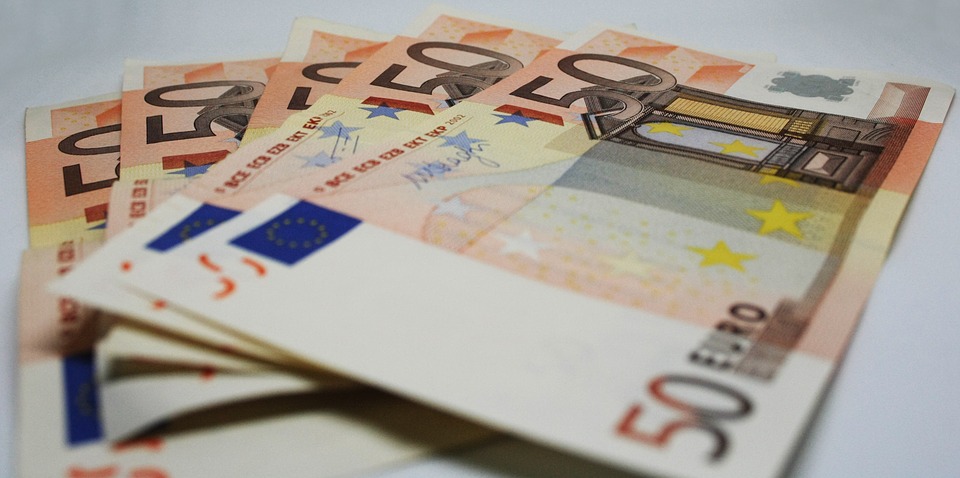According to Rossi, such a scenario could not even be put forward for public discussion and would result in a catastrophe a few years ago.
Now, on the eve of elections in June, Italian politicians of all stripes are increasingly using a hostile attitude to the single European currency in their favor. Many Italians now believe that introduction of the euro in 1999 was the cause of the economic downturn.
Some residents in Italy say they lived better before the euro came as the common European currency increased prices, but salaries remained the same. The Central Bank of Italy is extremely concerned about the growing sentiment against the euro, so the regulator is trying to convince ordinary Italians in reverse.
Only few Italians want to leave the EU following the example of the UK, which held the relevant referendum in the summer of 2016. Italy was one of the founders of the European Union in 1957, so the Italians believe that creation of the union supported peace and stability in Europe.
The country's ruling Democratic Party supports the euro and wants to strengthen European integration, although complaining that the Eurozone’s rules are too strict.
However, three other parties have a rather negative attitude towards the common European currency in its present form and the membership of Italy in the EU as a whole.
Democrats will remain in power until the beginning of 2018 if the elections are not held before. The Democratic Party’s prospects to win deteriorated after the party leader Matteo Renzi resigned as Prime Minister in December due to a loss in the constitutional reform referendum.
The uncertainty has also been fueled by results of a poll, according to which the current electoral system will allow no party or coalition to obtain a majority in parliament.
The Italians were previously considered the most loyal supporters of the single European currency. However, a recent study showed that only 41% of Italians consider the euro a good currency, and 47% regard it negatively.
Italy is the only country in the euro zone, where output per capita actually fell when the country joined the euro zone. Its economy is still 7% lower than it was before the 2008 financial crisis, and unemployment among young people is 40%.
source: reuters.com
Now, on the eve of elections in June, Italian politicians of all stripes are increasingly using a hostile attitude to the single European currency in their favor. Many Italians now believe that introduction of the euro in 1999 was the cause of the economic downturn.
Some residents in Italy say they lived better before the euro came as the common European currency increased prices, but salaries remained the same. The Central Bank of Italy is extremely concerned about the growing sentiment against the euro, so the regulator is trying to convince ordinary Italians in reverse.
Only few Italians want to leave the EU following the example of the UK, which held the relevant referendum in the summer of 2016. Italy was one of the founders of the European Union in 1957, so the Italians believe that creation of the union supported peace and stability in Europe.
The country's ruling Democratic Party supports the euro and wants to strengthen European integration, although complaining that the Eurozone’s rules are too strict.
However, three other parties have a rather negative attitude towards the common European currency in its present form and the membership of Italy in the EU as a whole.
Democrats will remain in power until the beginning of 2018 if the elections are not held before. The Democratic Party’s prospects to win deteriorated after the party leader Matteo Renzi resigned as Prime Minister in December due to a loss in the constitutional reform referendum.
The uncertainty has also been fueled by results of a poll, according to which the current electoral system will allow no party or coalition to obtain a majority in parliament.
The Italians were previously considered the most loyal supporters of the single European currency. However, a recent study showed that only 41% of Italians consider the euro a good currency, and 47% regard it negatively.
Italy is the only country in the euro zone, where output per capita actually fell when the country joined the euro zone. Its economy is still 7% lower than it was before the 2008 financial crisis, and unemployment among young people is 40%.
source: reuters.com





